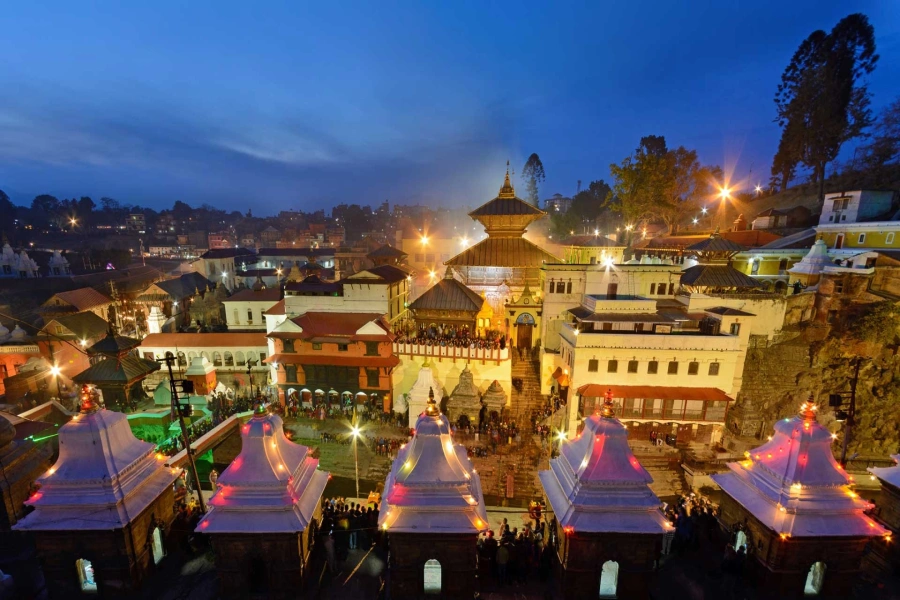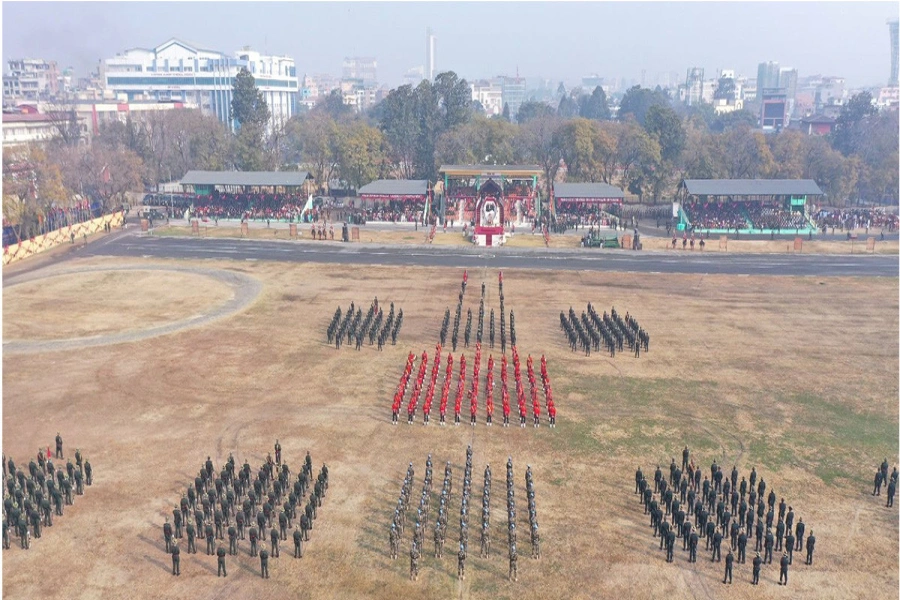Security sources said additional security arrangements were made in places deemed “sensitive” since the past few weeks keeping in view possible protests by Tibetan exiles and refugees living in Nepal. [break]
Exile Tibetans celebrate March 10 as anniversary of Tibetan uprising that took place in Lhasa in 1959 after the annexation of Tibet by China. Additional security arrangements have been made as Deputy Chief of Public Security Department of Tibet Autonomous Region (TAR) Ke Lei requested the government to effectively thwart “anti-China” activities by Tibetan exiles in Nepal. Ke had held a meeting on Law Enforcement Cooperation with Deputy Prime Minister and Home Minister Bijaya Kumar Gachchhadar at the latter´s office on February 26.
Sources said the government has stepped up vigilance at various places including, Bouddha, Jawlakhel, Swyambhu, and Chovar in the capital and Tibetans camp in Pokhara. Likewise, tight security arrangements have been made in various districts such as Rasuwa, Dolakha and Mustang that borders with Tibet Autonomous Region (TAR) fearing illegal entry of agitating Tibetans to Nepal.
With Tibetans protesting in various parts of China and over two dozen Tibetan protestors reportedly self-immolating in protests against China´s policy on Tibet, China has grown anxious over possible anti-China activities by Tibetan refugees in Nepal. There has been a flurry of visits by high-level Chinese officials in Nepal in recent years mainly to convey Nepali politicians their security concerns.
Both Nepali and Chinese sides had kept the visit of Chinese Premier Wen Jiabao to Kathmandu on January 14 confidential till the eleventh hour fearing anti-China protests.
Adhering to one-China policy, Nepal recognizes TAR as an integral part of China. “It is our government´s long-standing policy not to allow any activities that are detrimental to the interests of our neighbors. We have maintained security alert in places deemed sensitive,” said Spokesperson for the home ministry Shanker Koirala.
Nepal to ban March 10 Tibetan uprising day events






































